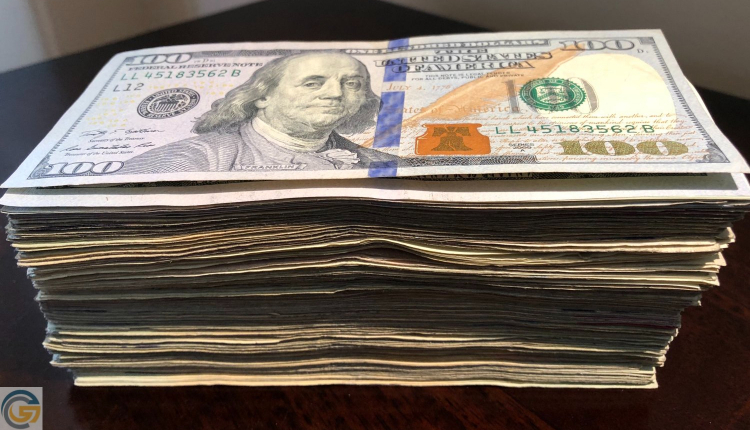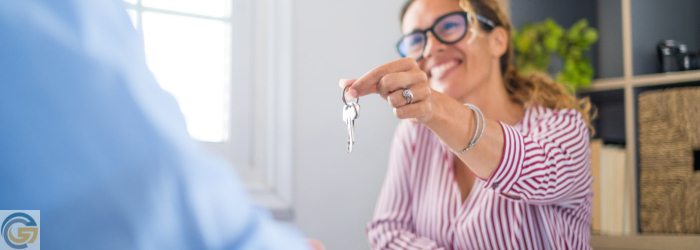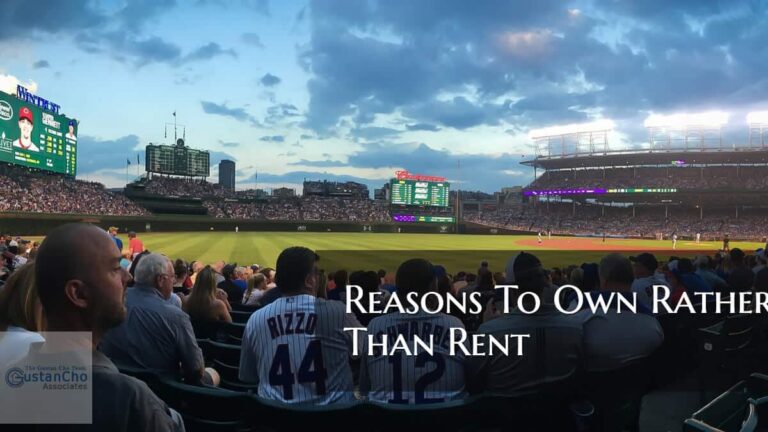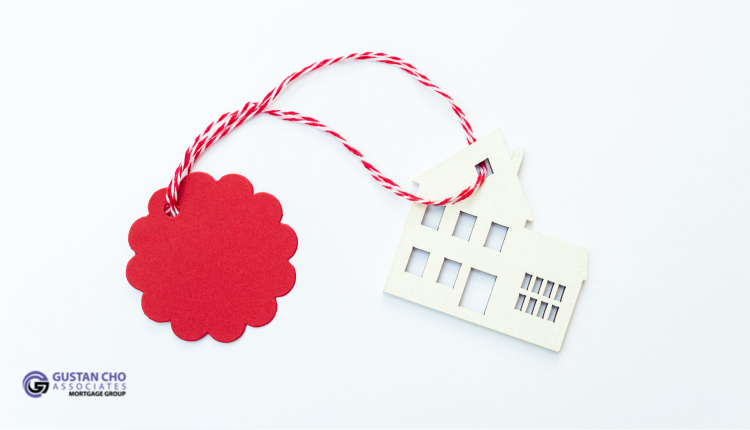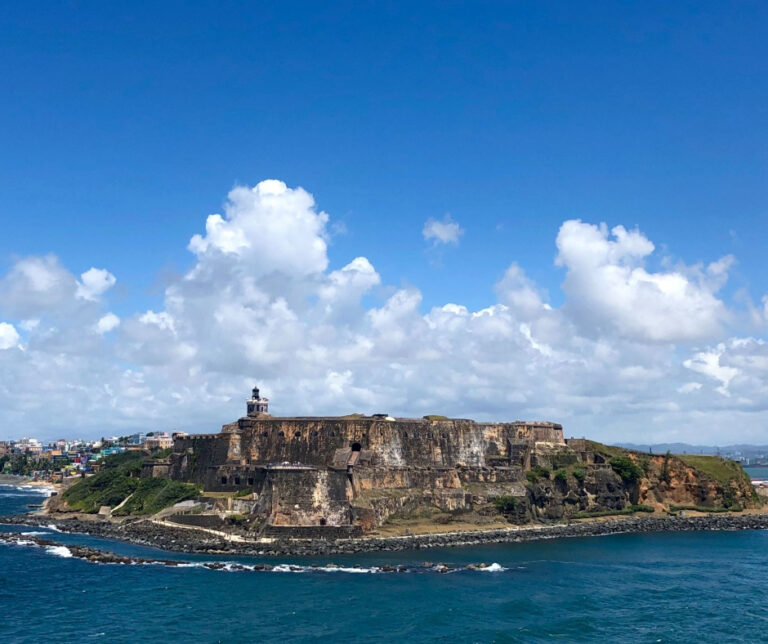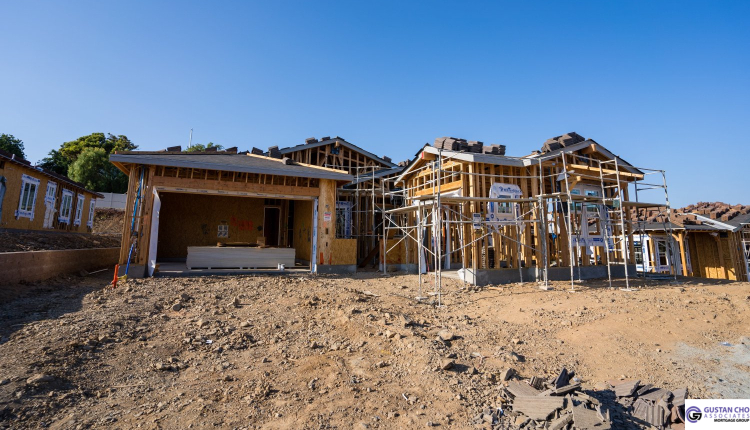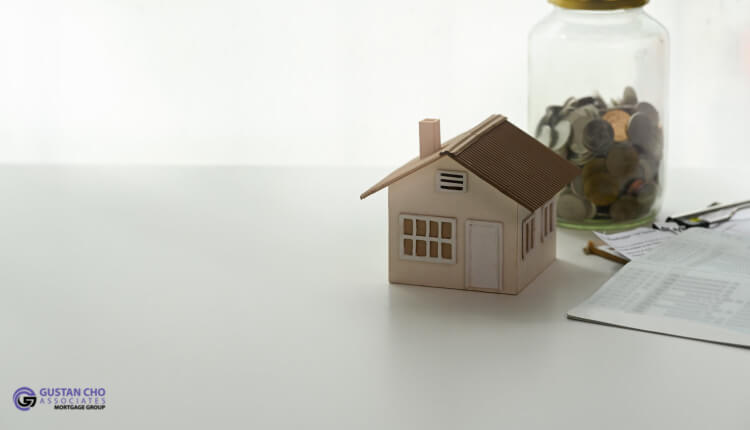Understanding Closing Costs on Home Purchase and Refinance
When you buy or refinance a home, you incur closing costs. Lenders also require you to pay certain costs of home ownership upfront. Here’s what you can expect to see on your closing statement.
- Lender charges
- Appraisal fees
- Origination costs
- Credit report fees
- Discount points
- Home inspection
- Attorney Costs
- Prepaid homeownership costs like taxes and insurance
- Title charges
- Transfer stamps
- Recording fees
- Third-party processing fees
- Underwriting fees
- Other closing costs, including third-party vendor fees
You can reduce out-of-pocket costs for these items by having the seller or lender cover them. The mortgage lender can use seller concessions and lender credit to pay closing costs. The tradeoff may be a higher purchase price or mortgage interest rate.
Prequalify for a mortgage in about five minutes.
What Are Closing Costs?
Closing costs are fees that cover services and products associated with a home purchase or a mortgage refinance. Closing costs can be third-party charges that have nothing to do with the lender or origination fees.
Appraisal and home inspection fees are part of the closing costs nothing to do with the profit of the lender. However, home inspection fees such as well and septic inspection, home inspection, and other inspection services are part of the closing costs.
You pay them to the mortgage lender or third-party providers like an appraiser (for an appraisal) or the county (for recording the transfer of title and the mortgage lien).
List of Common Closing Costs on Home Purchase
There’s a long list of closing costs, all of which are itemized on the standard Loan Estimate form. But the main (most expensive) fees to be aware of are:
Origination fee or broker fee (0-1% of the loan amount)
The lender or broker charges an origination fee to cover the processing, underwriting, courier services, loan officer pay, and more.
Mortgage points or “discount points” (0-1% of the loan amount)
This fee is an OPTIONAL amount you can pay to lower your mortgage rate.
Processing or underwriting fee ($300-$900 each)
Some lenders separate these fees instead of including them in an origination charge. The fee covers loan processing paperwork and underwriting services.
Title search and title insurance ($300-$2,500+)
Title companies charge to check historical records, ensure the property can be legally transferred to you, and insure your title.
Escrow fees ($350-$1,000+)
A third-party escrow company administers the funds, oversees the final signing, and facilitates the legal property transfer and recording of liens.
Home appraisal ($500-$1,000+)
Fee for an appraiser to evaluate the home’s fair sale price or refinance value.
Upfront Mortgage Insurance Premium
Government-backed mortgages also require an upfront insurance premium or ‘guarantee fee.’ This covers all or part of the cost for the federal government to insure your loan.
- FHA loan — Upfront mortgage insurance premium (1.75% of the loan amount)
- VA loan —VA funding fee (1.4% to 3.6% of the loan amount)
- USDA loan — Upfront mortgage insurance fee (1% of the loan amount)
These premiums are technically part of your closing costs on an FHA, VA, or USDA loan. But you’re allowed to roll them into the loan balance (even on a home purchase loan), and most borrowers choose this route to avoid the extra upfront charge.
Prepaid Costs on Home Purchase
Most people include prepaid items in their closing cost total. However, these are not technically closing costs paid to the lender or anyone else for services.
They are the costs of homeownership. Anyone who owns a home pays property taxes, homeowners insurance (if they are smart), and HOA dues if applicable.
However, a mortgage lender does require you to pay some of these upfront when you have a mortgage. That’s to ensure they get paid and that the lender is protected. It does not want to see your home burn down without insurance because you will probably not pay the mortgage, and the lender will have no house to sell. Normal prepaid items are one year of homeowners insurance premiums and two property tax installments (that usually covers six months of taxes).
The Down Payment Is NOT a Closing Cost
The down payment is an amount that goes toward the home purchase. If you put down 10%, you get equity of 10% of the home value. So you are not paying a fee; you are just paying money for equity of equal value.
Closing costs are money paid for services or products, like your mortgage and title insurance so that you can buy or refinance a home.
You don’t get a tangible asset in exchange for those expenses, although they are necessary.
Prepare for Closing Costs
There are ways to reduce or eliminate out-of-pocket closing costs.
- Shop for costs you can control.
- Get the lender to cover them.
- Ask the seller for concessions.
You’ll pay more for your loan and your home to offset this. But your out-of-pocket costs can be managed.
Seller Concessions For Buyer’s Closing Costs
Each loan program allows seller concessions by home sellers to cover buyers’ closing costs. Most of our borrowers at FHA Bad Credit Lenders do not have to come out of pocket for closing costs. It is normally covered with a seller concessions by the home seller. Here are the number of seller concessions allowed:
- HUD allows up to 6.0% seller concessions for FHA loans
- The VA allows up to 4.0% for VA loans
- USDA allows up to 6.0% for USDA mortgages
- Fannie Mae and Freddie Mac allow up to 3.0% for owner-occupied properties and 2.0% for investment homes.
- Non-QM loans allow 2.0% to 6.0% seller concessions
It should not matter to a seller if you ask for 5% in concessions or a 5% price reduction. As long as the appraisal supports the selling price, the lender should have no issue with it.
Lender Credit For Closing Costs
Another source of closing cost help is your lender. Lenders can cut or eliminate your out-of-pocket closing costs with rebate pricing. Rebate pricing involves taking up the interest rate a bit so that the lender can afford to pay your closing costs and perhaps even your prepaid items for you.
For instance, it might cost you a 1% origination fee to get a 3% interest rate on a 30-year mortgage and zero to get a 3.125% mortgage rate. But what if you’re willing to pay 3.5% or even 4%? The lender might be able to rebate 3% back to you for closing costs. Note that you can’t get your rebate as cash; your lender will apply it toward closing costs and prepaid items only.
Best Mortgage Lenders To Get Pre-Approved
Ask your lender if you’re worried about affording your home closing costs. At FHA Bad Credit Lenders, we are experienced in helping borrowers minimize closing costs and get into their first homes. FHA Bad Credit Lenders are mortgage brokers licensed in 48 states, including Puerto Rico, the U.S. Virgin Islands, and Washington, DC. We have over 210 wholesale mortgage lenders.
There is no mortgage loan options we have whether traditional or non-QM alternative mortgage loan program for primary homes, second homes, and investment properties.
If you need pre-approved, please contact us at FHA Bad Credit Lenders at 262-716-8151. Text us for a faster response. You can email us at gcho@gustancho.com. The FHA Bad Credit Lenders team is available seven days a week, evenings, weekends, and holidays.

